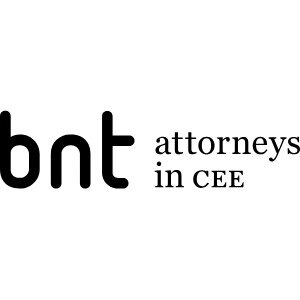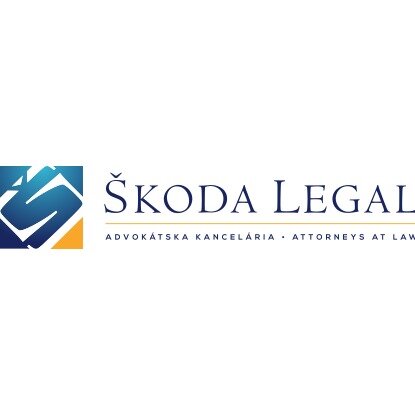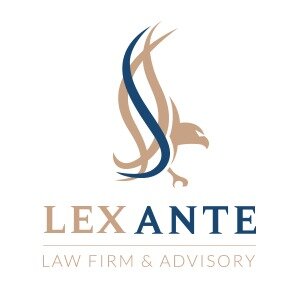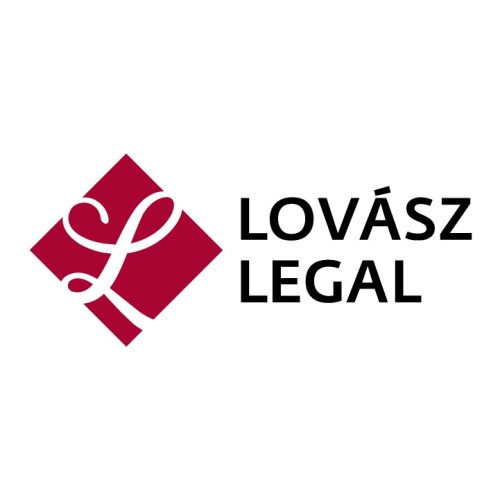Best Office Solutions Lawyers in Slovakia
Share your needs with us, get contacted by law firms.
Free. Takes 2 min.
Or refine your search by selecting a city:
List of the best lawyers in Slovakia
About Office Solutions Law in Slovakia
Office Solutions in Slovakia refers to the array of services and legal considerations involved in setting up, managing, and operating business offices within the country. This can include leasing or purchasing office space, ensuring compliance with local regulations, dealing with tenant rights and obligations, and facilitating smooth operational procedures. The country's strategic location in Central Europe and its business-friendly environment make it an attractive destination for offices, but navigating its legal landscape is crucial for compliance and success.
Why You May Need a Lawyer
There are several scenarios where legal assistance might be essential in the field of Office Solutions in Slovakia:
- Lease Agreements: Negotiating, drafting, or reviewing lease agreements to ensure favorable and compliant terms.
- Regulatory Compliance: Ensuring your office setup adheres to all applicable local laws, zoning regulations, and business permits.
- Tenant Rights and Disputes: Handling conflicts between landlords and tenants, including evictions and rent disputes.
- Business Incorporation: Assistance with legal documentation and processes required to establish a physical office for your business.
- Employment Law: Navigating employment contracts, workplace safety regulations, and other HR-related legal matters.
Local Laws Overview
Understanding Slovakian law as it relates to Office Solutions is crucial for operating efficiently and legally. Key aspects include:
- Commercial Lease Laws: Govern the terms and enforcement of office leases and protect the rights of both parties.
- Business Registration Requirements: Immediate registration with local authorities is often required upon establishing an office space.
- Zoning and Building Codes: Offices must adhere to specific zoning laws and safety standards under local regulations.
- Environmental Regulations: Compliance with environmental impact assessments may be mandatory, especially for larger office setups.
- Taxation: Businesses are subject to corporate tax law, with potential implications based on the nature and structure of office operations.
Frequently Asked Questions
1. What should I include in a Slovak office lease agreement?
A comprehensive lease agreement in Slovakia should detail terms like rent amount, duration of lease, renewal conditions, maintenance obligations, and termination clauses.
2. How can I ensure compliance with Slovak zoning laws?
Work with a legal expert to review local zoning regulations and obtain necessary permits before setting up an office space.
3. What are my options if there's a dispute with my office landlord?
Try to resolve issues amicably first. If not possible, legal action or mediation may be required, which is where a lawyer becomes pivotal.
4. Do Slovak environmental laws affect office leases?
It depends on the size and nature of the office. Compliance with local environmental protection standards can be legally mandated.
5. How can I protect my business rights as a tenant?
Ensure that all agreements are documented, review contracts thoroughly, and seek legal advice when necessary.
6. What happens if I need to terminate my lease early?
This depends on the terms outlined in your lease agreement. Legal advice can help navigate the potential penalties or negotiate terms.
7. Are there specific employment laws to consider for office staff?
Yes, employment contracts must comply with Slovak labor laws on aspects like wages, work conditions, and employee rights.
8. How do I register my business in Slovakia for office operations?
Registration involves filing with the Slovak Commercial Register, tax registration, and obtaining any industry-specific licenses.
9. Can I sublease my office space in Slovakia?
Subleasing is legally possible but typically requires express consent from the landlord and should be mentioned in the lease agreement.
10. What role does taxation play in office operations?
Understanding corporate taxes, VAT, and local levies is essential to managing financial obligations for your operations legally and efficiently.
Additional Resources
For further assistance, consider reaching out to the following resources:
- Slovak Commercial Register: Essential for business registration and updates.
- Local Zoning Offices: For guidance on zoning compliance and permits.
- Ministry of Environment of the Slovak Republic: For environmental regulations.
- Slovak Bar Association: To find licensed legal professionals with experience in Office Solutions.
Next Steps
If you require legal assistance in the field of Office Solutions in Slovakia, begin by noting your specific legal needs and seeking out a lawyer or law firm specialized in real estate or commercial law. Evaluate their experience, seek initial consultations, and ensure they are familiar with Slovak laws pertinent to your situation. This due diligence will help ensure that your office operations are legally sound and optimized for success.
Lawzana helps you find the best lawyers and law firms in Slovakia through a curated and pre-screened list of qualified legal professionals. Our platform offers rankings and detailed profiles of attorneys and law firms, allowing you to compare based on practice areas, including Office Solutions, experience, and client feedback.
Each profile includes a description of the firm's areas of practice, client reviews, team members and partners, year of establishment, spoken languages, office locations, contact information, social media presence, and any published articles or resources. Most firms on our platform speak English and are experienced in both local and international legal matters.
Get a quote from top-rated law firms in Slovakia — quickly, securely, and without unnecessary hassle.
Disclaimer:
The information provided on this page is for general informational purposes only and does not constitute legal advice. While we strive to ensure the accuracy and relevance of the content, legal information may change over time, and interpretations of the law can vary. You should always consult with a qualified legal professional for advice specific to your situation.
We disclaim all liability for actions taken or not taken based on the content of this page. If you believe any information is incorrect or outdated, please contact us, and we will review and update it where appropriate.
Browse office solutions law firms by city in Slovakia
Refine your search by selecting a city.














